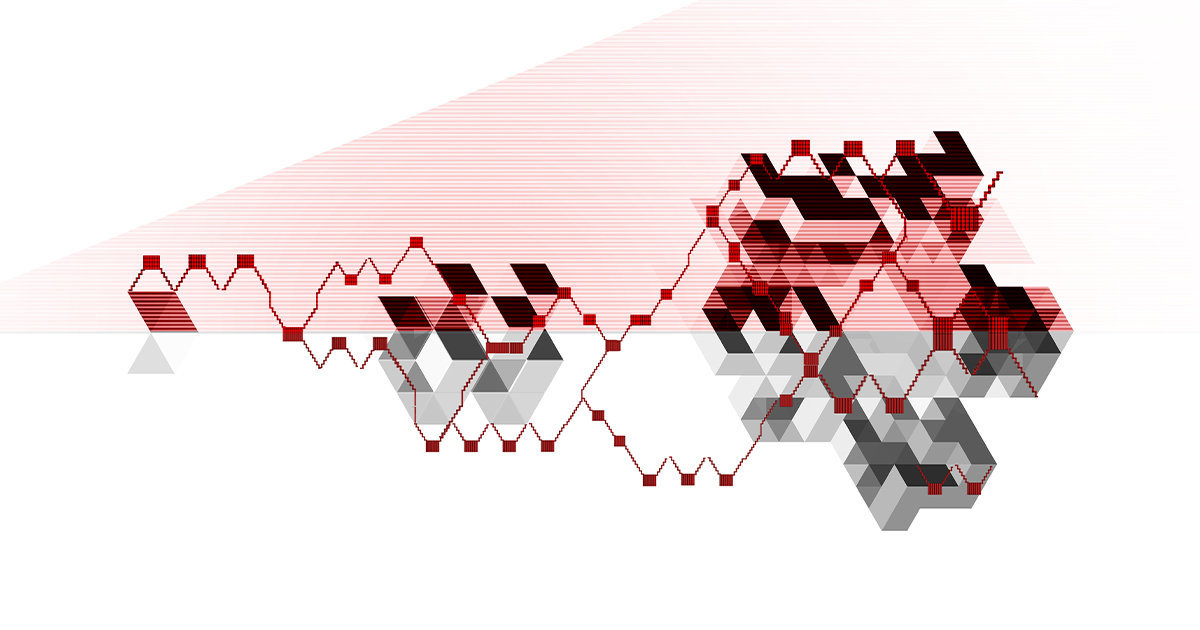
After the Digital Revolution, new mechanisms of experiencing everyday life and space are formed. We are living among complex people networks, under a digital cloud of information and away from real time and space limitations.
In this new context the library as a paradigm should be revisited.
Since information is no more perceived as a material entity, the needs for physical storage space blur and the emphasis is laid on data exchange and processing activities that contribute to the ultimate aim of the library; the production of new information.
Therefore, in this thesis, the library is approached as an agile system of activity spaces,
that evolves in both physical and digital environment and participates in the controlled growth of knowledge.
In order to correspond to the dynamic qualities of non-scale data and people networks, the design process is based on the formation of a mechanism that produces an adaptable network pattern.
The emerging morphology is characterized by the voxel, the minimum activity space, and the main design parameters are set to ensure a smooth data and people transition and to provide possibilities of customization, expansion and revision according to the current user and community needs.
Importing principles of the fractal theory and the factors of chance and time in the procedure, 'Knowledge Circuits’ could emerge as extensions to existing buildings or as autonomous organisms in the urban fabric, and continue to evolve for as long as knowledge does.